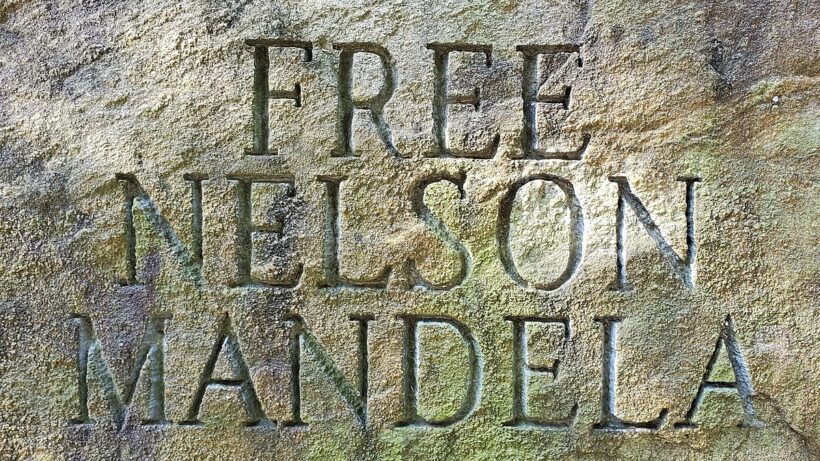On 10 February 1990, Nelson Mandela was released from prison after 27 years of incarceration at the hands of the apartheid regime.
The move, celebrated worldwide, had been preceded by then South African President Frederik De Klerk’s meeting with Mandela in December to discuss the political situation, a meeting that was the prelude to his unconditional release from prison, along with the legalisation of underground political parties, signed on 2 February 1990.
A frenzied crowd cheered the release of the leader, who addressed his followers urging them to continue the struggle for the end of the racist system. He ended that harangue by recalling his own words during the course of the trial that convicted him in 1964 and said “They are as true today as they were then.”
“I have fought against white domination and I have fought against Negro domination. I have cherished the ideal of a democratic and free society in which all people live together in harmony and with equal opportunity. It is an ideal I hope to live for and to achieve. But, if necessary, it is an ideal for which I am prepared to die.
Four years after, Mandela would win the presidency with a landslide majority. He would become South Africa’s first black president.
Although his political retirement would not bring about the national reconciliation that had been the main objective of his presidency, his historical importance as the manager of the transition from a country governed by a minority under apartheid policies to a democratic and multicultural nation is paramount.






